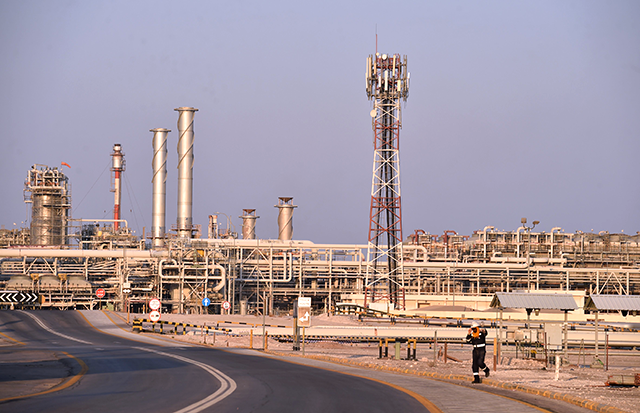- Local News
- Sun-2020-04-12 | 03:27 pm

According to a regional economic update, titled "How Transparency Can Help the Middle East and North Africa”, transparency about critical economic issues will be the key to driving growth and enhancing trust in the governments in the region.
The report, the analysis of which is based on the latest country-level data available as of April 1, forecasts that Jordan’s "real gross domestic product [GDP] growth rate” will stand at 2.3 per cent until the end of 2020 and 2.5 per cent during 2021.
The decrease in oil prices will help lower the bill for the Kingdom's oil imports, and will reduce thedrop in current commercial transactions, according to the report.
It also noted that impact of the price decrease on money transfers from Jordanian expatriate workers and the global concessional financing facility, especially from Gulf Cooperation Council countries, can also be partially offset by a lowered oil import cost.
There are considerable differences in statistical capacity among the countries in the MENA region, the report says, noting that Egypt is the best performer, followed by Iran and Jordan.
"Demographic statistics, including the projections, account for refugees, who make up a large share of the population in such countries as Lebanon and Jordan,” the report notes.
The report presents a short-term macroeconomic outlook and the impact of the ongoing COVID-19 crisis and the fall in oil prices on the regional economy.
The report shows that estimates of the costs of the current crisis are fluid because it is difficult to predict how the global economy, national policies and societies will react as the pandemic spreads.
"The World Bank is ramping up efforts to help [MENA region] governments weather these shocks and leave no one behind,” Ferid Belhaj, World Bank Vice President for the Middle East and North Africa, said during a media briefing held ahead of the launch of the MENA Spring 2020 Economic Update.
"But to bring new hope to citizens, we must learn and change. Across the region, transparency can help lead to growth with enhanced trust in government in the years and decades to come,” he added.
"Investing in transparency now will break the vicious cycle of distrust and lack of government accountability in the region," said Rabah Arezki, World Bank Chief Economist for the MENA, at the briefing.
The report argues that a large part of MENA’s slow growth is due to "a lack of transparency”, noting that "the MENA is the only region that has dropped in data capacity and transparency since 2005”.
Commenting on the drop, Daniel Lederman, World Bank Deputy Chief Economist and lead author of the report, said: "The decline in MENA’s transparency between 2005 and 2018 is associated with an expected loss of the region’s income per capita ranging from 7 to 14 per cent.”
COVID-19 is affecting MENA economies across four channels: The deterioration of public health, falling global demand for the region’s goods and services, declines in MENA’s domestic supply and demand because of social distancing measures and, notably, falling oil prices, according to the report.
The report adds that "the collapse of oil prices hurts both oil exporters directly, and oil importers indirectly, through declines in regional remittances, investment and capital flows”.
It recommends that countries respond with policies in two parallel steps: Address the health emergency and the associated economic contraction and begin enacting transformative and largely budget-neutral reforms, such as debt transparency and restructuring of state-owned enterprises.
On April 2, the World Bank announced an initial surge of support to help countries across the Middle East and North Africa.
The World Bank Group is taking "broad, fast action” to help developing countries strengthen their pandemic response, increase disease surveillance, improve public health interventions and help the private sector continue to operate and sustain jobs, according to a World Bank statement.
In the statement, the bank said that it will deploy up to $160 billion in financial support over the next 15 months to help countries protect vulnerable communities, support businesses and bolster economic recovery.
"Due to the COVID-19 pandemic, economic circumstances within countries and regions are fluid and change on a day-by-day basis,” the statement said.
0 0googleplus0 0 0









